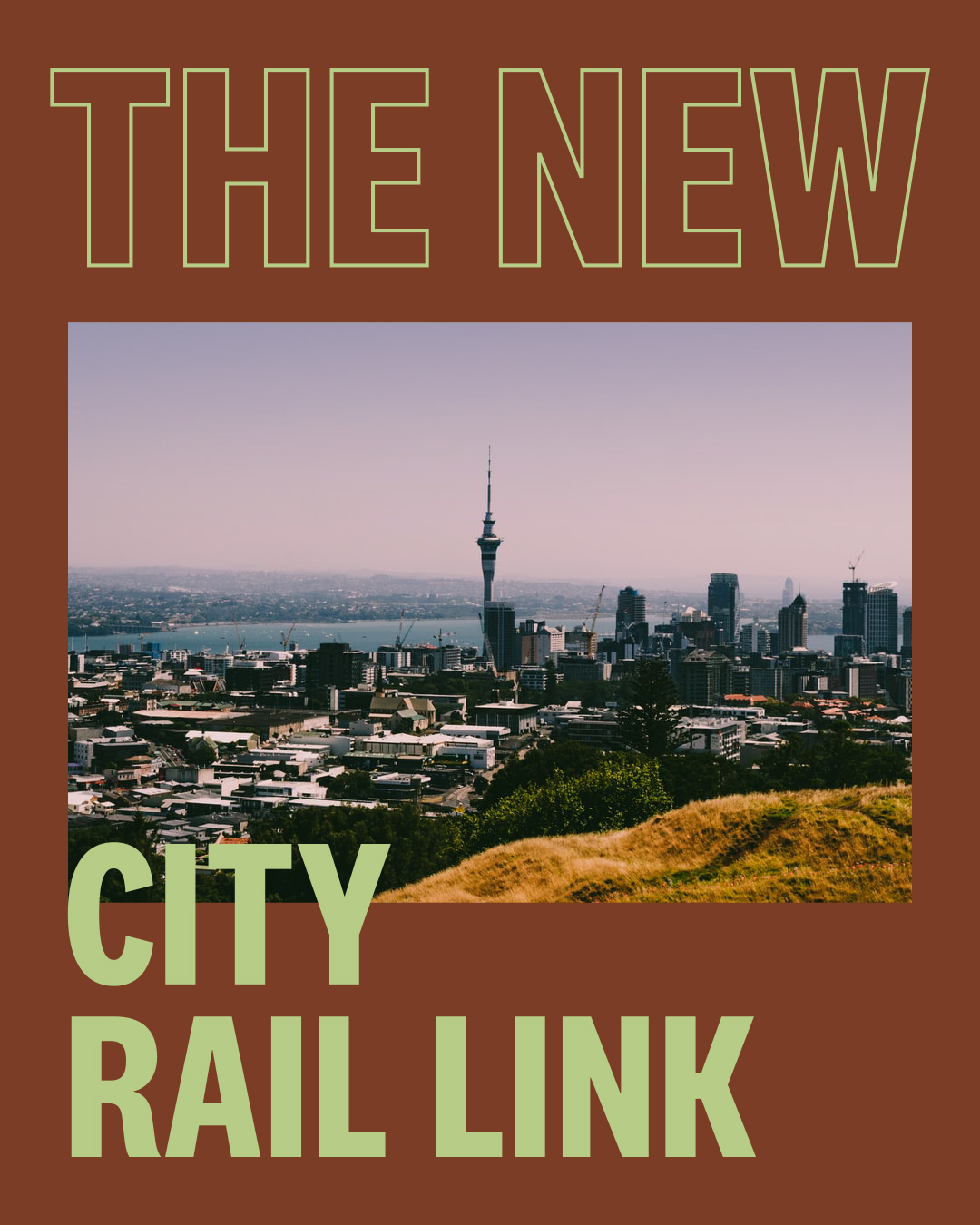Ikiiki
Transport
Transport is the largest contributor to Auckland’s carbon emissions. Reaching our goal of halving Auckland’s emissions by 2030 requires a transformation in the way we get around our city.
Significant investment in the coverage, safety and reliability of public transport, walking and cycling infrastructure and services is needed to help Aucklanders have better ways to get around.
The benefits of transport investments extend well beyond emissions reduction. It’s safer, improves disadvantaged communities, is more affordable for households, and makes our neighbourhoods nicer.
Te Ū o tā Mātou Whai
Our Commitment
Auckland Council is already committed to a range of climate-friendly transport projects, including:
- Building the City Rail Link route to move 54,000 Aucklanders an hour. This is the equivalent of an additional 16 lanes of road or three Auckland Harbour Bridges.
- Procuring only zero-emissions buses
- Making public transport more affordable for lower-income Aucklanders
- Expanding Auckland’s Rapid Bus network, with the Eastern Busway to Botany and the North-West bus improvements to open in coming years.
Although we’ve made a start, we know we need to do more, so Auckland Council is proposing a climate action targeted rate that will invest over a billion dollars in public transport, walking and cycling. This will
- Improve almost half of Auckland's bus routes, and create 10 new frequent routes
- Bring 170,000 more Aucklanders within 500m of a frequent bus route
- Progress the decarbonisation of our ferry fleet which are around 20 percent of Auckland’s public transport emissions.
- Upgrade walking and cycling infrastructure by $228 million.

Transport Emissions Reduction Plan
The Transport Emissions Reduction Plan will give effect to Te Tāruke-ā-Tāwhiri: Auckland’s Climate Plan.
It will enable us to identify
-
what needs to be true to achieve a two thirds reduction in transport emissions by 2030
-
the key actions required to deliver a step change in transport emissions reduction and address the inequities of the transport system
-
the impediments that need to be addressed to enable rapid implementation.
Te wāhi ki a koe
Playing your part
-
Reduce the amount you use your car to get around by opting for public transport, walking or cycling instead.
-
Re-assess your daily commute habits and cut down on single passenger, short trips in your car.
-
Get more tips from Auckland Council’s Live Lightly programme.
-
Use our Auckland Transport app or Journey Planner to find a more carbon-friendly option.
Rongorongo
News
Ngā whāinga mātāmua e waru
The eight priority areas
Natural Environment - Taiao māori
Restoring and replenishing the mauri (life essence) of Tāmaki Makaurau.
Built Environment - Taiao hanga
Planning lower carbon urban spaces, infrastructure and buildings.
Te Puāwaitanga ō te Tātai
Ensuring Māori communities are resilient, self-sustaining and prosperous.
Communities and Coast - Ngā hapori me te tahatai
Preparing our people for our changing climate and coastline in an equitable way.
Energy and Industry - Te ngao me te ahumahi
Creating a clean energy system that supports low-carbon lifestyles.